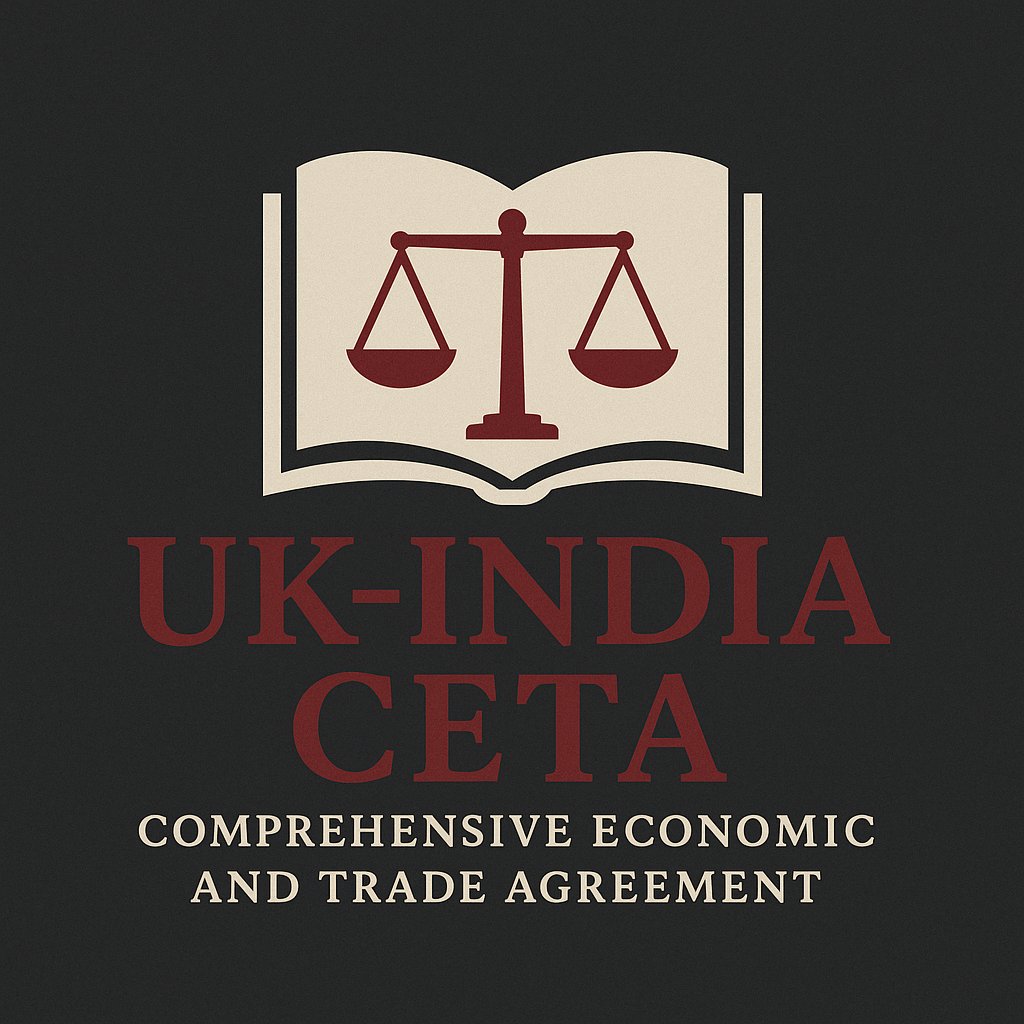India Agrees to Fast-Track Recognition of UK Professional Qualifications Under Trade Pact
India has committed to a defined, time-bound process to recognize UK professional qualifications across key regulated sectors--including accounting, law, architecture, and engineering--under a binding annex to the UK–India Comprehensive Economic and Trade Agreement (CETA) signed yesterday.
According to Annex 8A on Professional Services, India must:-
Identify priority professional bodies for Mutual Recognition Agreements (MRAs) within 12 months, and
-
Launch negotiations to conclude those MRAs within 36 months of the agreement entering into force.
The annex states:
“Each Party shall encourage its relevant professional bodies to develop and provide… a recommendation on potential MRAs… within 12 months… and to commence negotiations within 36 months.”
(UK–India CETA, Annex 8A, Professional Services)
Though the process is framed as “encouragement,” the use of fixed timelines within a treaty annex elevates its legal significance, making it a clear deliverable subject to bilateral monitoring.
The framework also includes provisions for regular dialogue on:
-
Licensing and registration procedures
-
Educational requirements and examinations
-
Ethical standards and disciplinary procedures
Trade lawyers note that this framework introduces systematic pressure on Indian regulators--such as the Bar Council of India and Institute of Chartered Accountants of India (ICAI)--to align or harmonize with UK standards where mutual recognition is sought.
India has historically maintained independent professional standards, particularly in law and accountancy, often resisting full recognition of foreign credentials.
This new framework, while not enforcing automatic equivalence, builds structural obligations toward eventual alignment.
Notably, the UK has long sought expanded access for its professionals abroad.
The CETA provisions on MRAs echo similar frameworks found in EU and Australia FTAs, where regulatory bodies operate under government-set timelines for international recognition.
The implications extend beyond individual professionals: multinational consulting, law, and engineering firms could leverage MRAs to deploy UK-certified personnel directly into Indian operations under Mode 4 (movement of natural persons).
Source: UK–India CETA: Annex 8A – Professional Services (24 July 2025)
Applies to both Parties equally but timelines may affect India disproportionately due to size and structure of domestic professions

